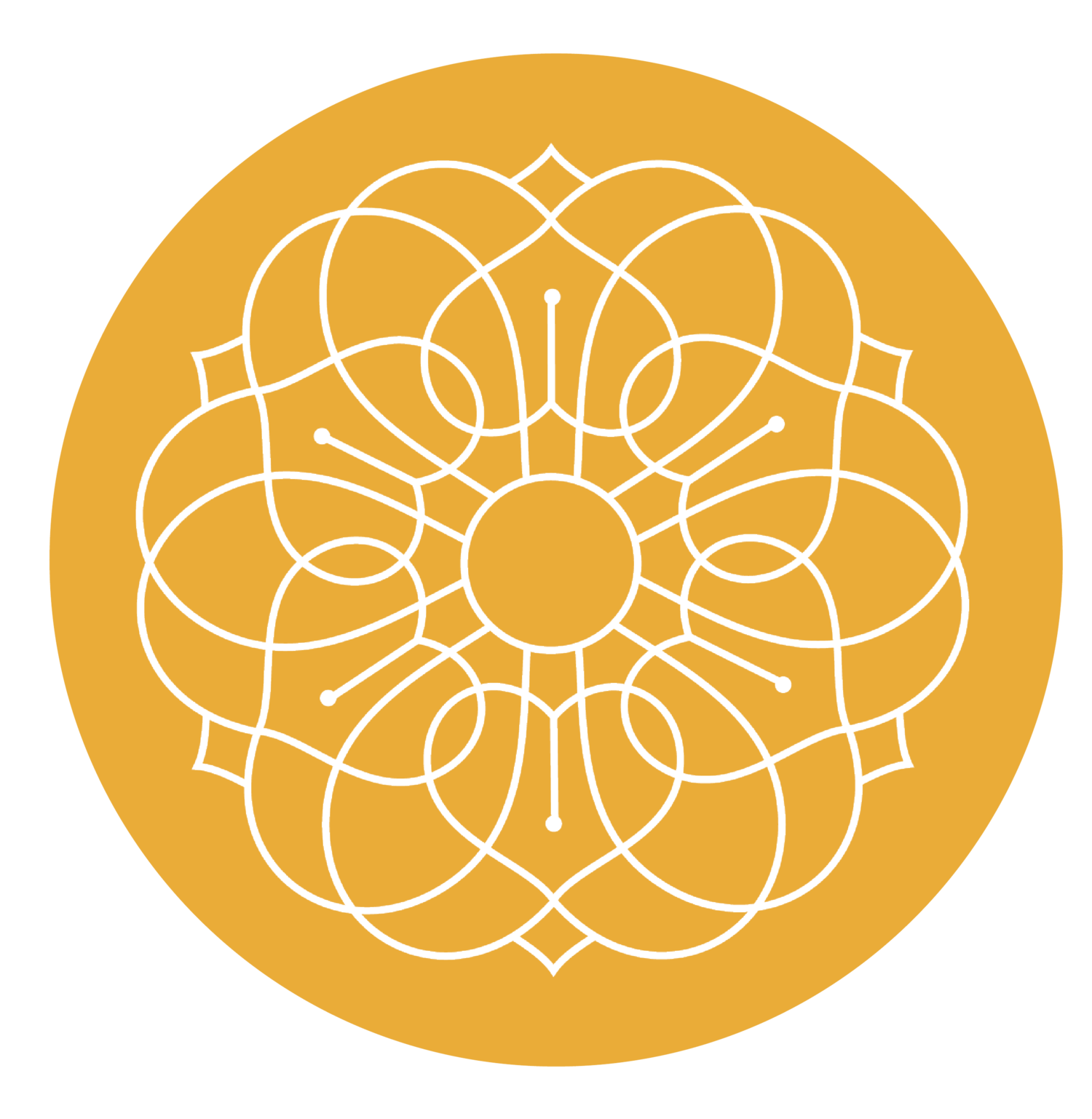“You do not have to be good/ You do not have to walkover on your knees /For a hundred miles through the desert, repenting/ You only have to let the soft animal of your body / love what it loves…”
Recently I’ve been talking to my patients about pleasure. The word pleasure triggers a delightful smile…but unfortunately one that fades into embarrassment and discomfort. Pleasure is a complicated topic. It evokes feelings of guilt and resistance and fear of gluttony and hedonism. My patients react with surprise when I suggest that pleasure is a kind of wisdom. The wisdom of the body. If pain is our body’s way of telling us to pay more attention, then pleasure is also an important communication. Pain urges us to interrupt business as usual, slow down, care for and be mindful of our bodies. Pleasure invites us to continue to engage and connect with the wonders of our bodies, to lovingly give our body what it is asking for.
Pleasure is the enjoyment of the senses: sight, hearing, taste, touch, smell. In Chinese Medicine, our senses are all related to our internal organs and our health. Frequently, when a Chinese herbal formula tastes good to you, it is because it is the medicine (which includes the flavors) that your body needs to regain health. We continue as a species because procreation is pleasurable and having a good sex drive is an indication of robust health. Pleasurable scents, color, and beautiful music are all known to affect our chemistry, stimulating healing.
Sadly, our innate ability to feel pleasure and to trust it as a guiding force is diminishing. As we modernize, we retreat more and more into our minds and inhabit less of our bodies and senses. Much of our day is experienced through a screen where the wisdom of our senses becomes irrelevant. The result is that we become increasingly disconnected from the innate wisdom and the sensual language of our bodies. If we consider ourselves healthy, we use our intellect to prescribe what we think are health promoting diet, exercise and regimens that we superimpose onto our daily living. Pleasure has nothing to do with these prescriptions.If we do not consider ourselves healthy, we feel unable to control our habits, we feel disorderly, undisciplined, out of control and in this scenario if there is any pleasure felt, it is accompanied by guilt. We may even think that our indulgence with pleasure is the problem. In either case, the central and indispensable role of pleasure in guiding us towards a healthier and fuller experience of life is considered off topic or even dangerous.
To experience pleasure fully, we must be willing to be present. We must be willing to embody the wild, irrational landscape of sensations and emotions. We must trust ourselves and find that we are worthy of enjoyment. Pleasure is good. It is aliveness. It is healthy. It is life affirming and self affirming. It is a spontaneous unspoken expression of appreciation, a taking in of our human experience. Pleasure in eating encourages food absorption, pleasure in movement activates endorphins, pleasure in touch releases oxytocin, pleasure in music and beauty soothes our nervous system and stimulates our creative impulses. Pleasure tells a story of who we are and where we come from. Particular tastes in food, beauty, partners, style, music, fragrances celebrates our individualism. When we allow for the full experience of pleasure we are practicing self-love. And health naturally flowers from that.
With Pleasure,
Thuy


